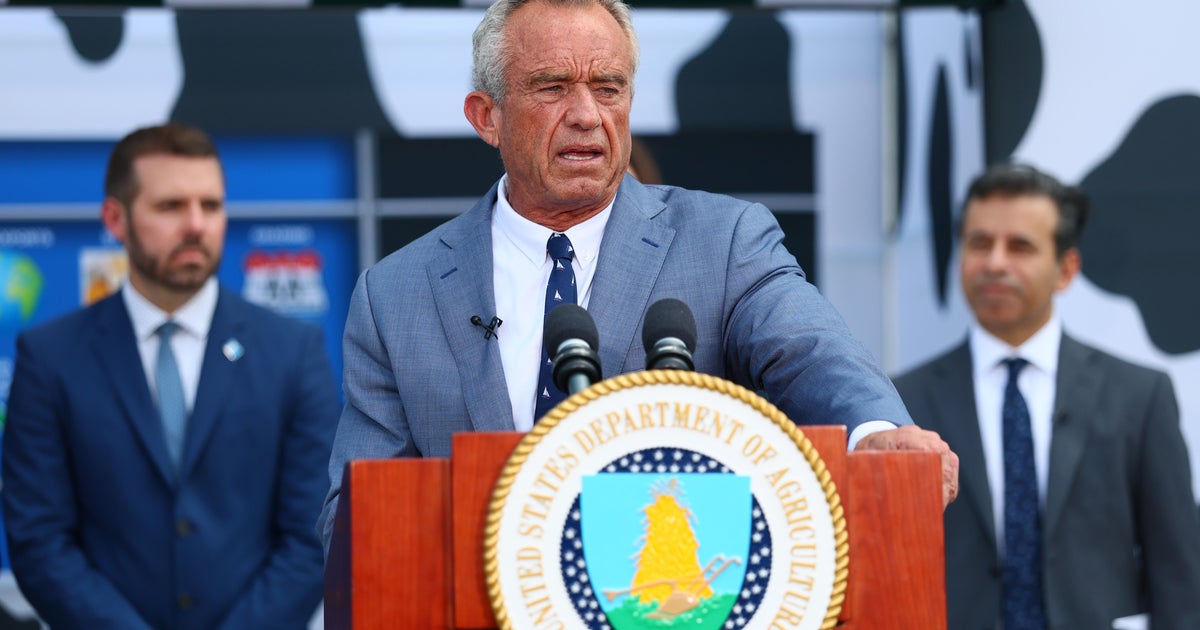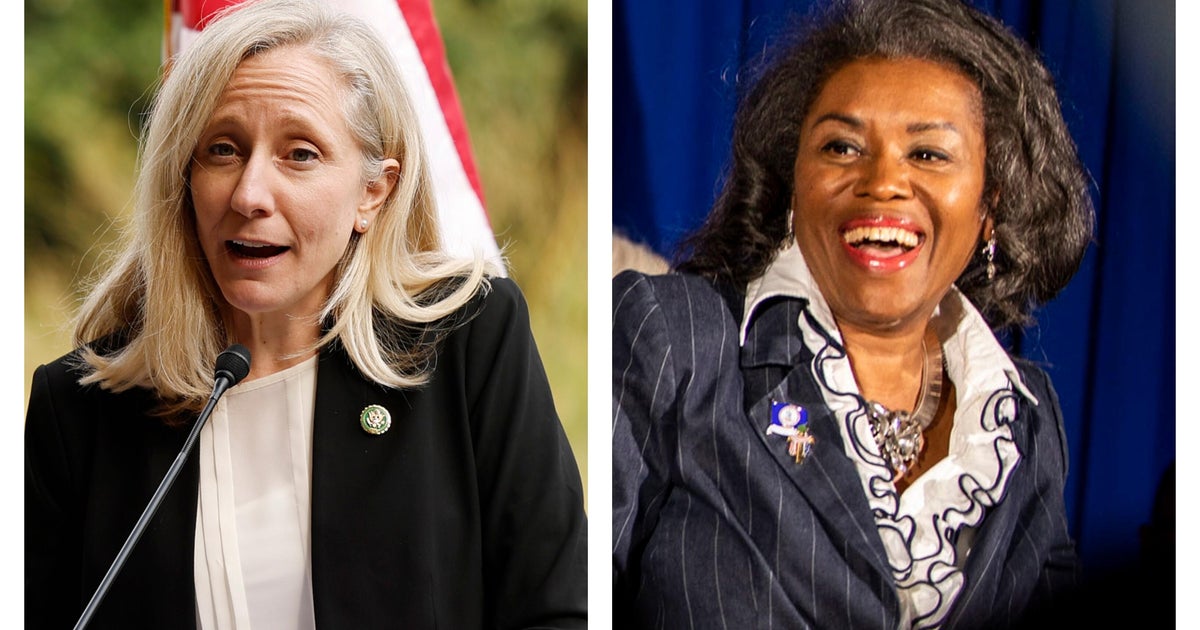
The late-night television landscape is grappling with a chilling episode of censorship after ABC announced the indefinite suspension of *Jimmy Kimmel Live!* following pressure from the Trump administration. The decision has sparked widespread condemnation from fellow late-night hosts, who are voicing concerns about the implications for free speech in America.
The controversy began Monday night when Kimmel made comments regarding the murder of conservative figure Charlie Kirk, describing it as “senseless.” He criticized the “MAGA gang” for attempting to distance themselves from the suspect, suggesting they were trying to manipulate the situation for political gain. This drew the ire of the administration, leading to a swift response.
By Wednesday, Federal Communications Commission Chair Brendan Carr issued a thinly veiled threat to Disney, ABC’s parent company, saying, “We can do this the easy way or the hard way.” Hours later, ABC announced the suspension of Kimmel’s show, raising alarms about the potential ramifications for other late-night programs.
President Trump himself weighed in, suggesting that additional late-night shows should also be taken off the air. He targeted both Kimmel and Seth Meyers, calling them “total losers” and urging NBC to follow suit.
In the wake of Kimmel’s suspension, late-night hosts rallied together to voice their solidarity and express their concerns over the future of free expression. Seth Meyers, on his show, condemned the administration’s actions, emphasizing that the crackdown on free speech poses a serious threat to the democratic ideals of the nation.
Jon Stewart and Stephen Colbert also took to their platforms, delivering sharp critiques of the current state of free speech in the U.S. Stewart, in a rare midweek appearance, sarcastically commented on the administration’s speech restrictions, while Colbert declared, “Tonight, we are all Jimmy Kimmel,” highlighting the shared vulnerability among comedians in this political climate.
David Letterman, a seasoned veteran of late-night television, spoke at The Atlantic Festival, denouncing the idea of silencing voices out of fear of an authoritarian regime. “You can’t go around firing somebody because you’re fearful or trying to suck up to an authoritarian — a criminal — administration in the Oval Office,” he stated.
Colbert, fresh off an Emmy win, expressed disbelief that ABC would bow to governmental pressure. He remarked, “If ABC thinks this is going to satisfy the regime, they are woefully naive.” His comments also touched on the broader implications of media mergers, connecting Kimmel’s suspension to the precarious balance of corporate interests and free speech.
The tension surrounding Kimmel’s suspension has been further complicated by Carr’s warnings to broadcast stations, coinciding with Nexstar Media Group’s decision to pull Kimmel’s program. The media conglomerate is currently seeking FCC approval for a $6.2 billion merger, raising questions about corporate compliance with governmental demands.
Seth Meyers echoed the sentiments of solidarity with Kimmel, stating, “It is a privilege and an honor to call Jimmy Kimmel my friend… and we’re going to keep doing our show the way we’ve always done it — with enthusiasm and integrity.” He also humorously alluded to the absurdity of any negative comments about Trump being attributed to artificial intelligence (AI), highlighting the strange times in which comedians find themselves navigating political discourse.
Meanwhile, Jimmy Fallon approached the issue with a more earnest tone, acknowledging the concerns surrounding censorship. He expressed his hope for Kimmel’s return, emphasizing the importance of having diverse voices in late-night television.
As the situation unfolds, it is clear that the implications of Kimmel’s suspension extend far beyond the realm of entertainment. The actions taken against him reveal a disturbing trend of censorship that threatens the very fabric of free expression in America. Late-night hosts, typically known for their humor, are now on the front lines of a battle for the rights of all to speak freely, raising critical questions about the role of media and the government in shaping public discourse.
The solidarity displayed among these comedians serves as a reminder of the importance of standing up for free speech, especially in an era where political pressures seek to silence dissenting voices. As the late-night landscape continues to evolve, one can only hope that the commitment to upholding the principles of free expression remains steadfast.


